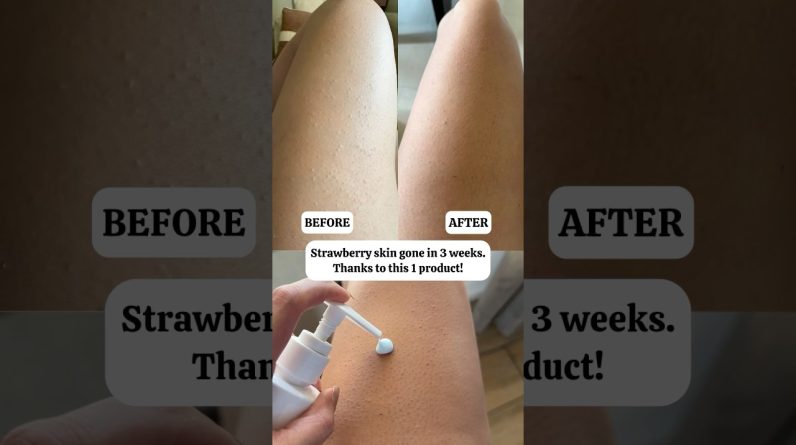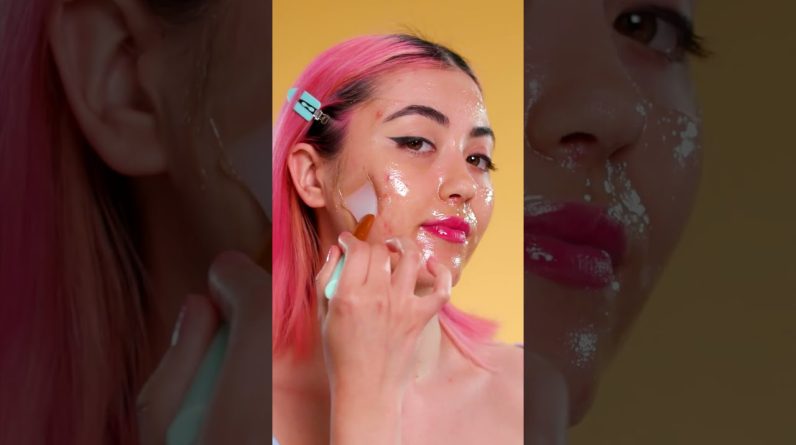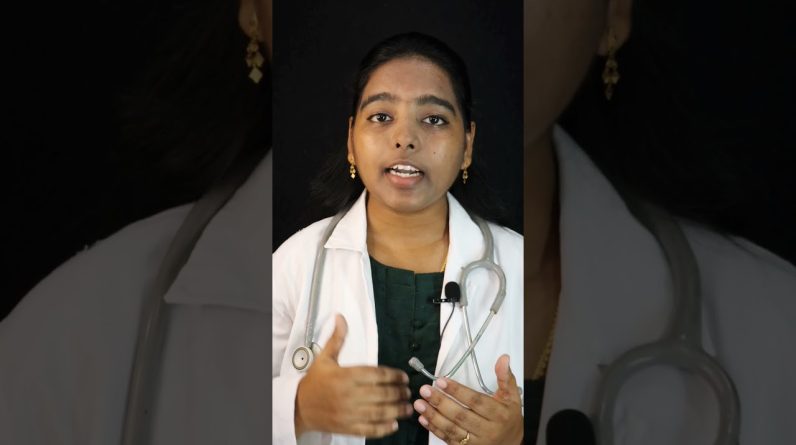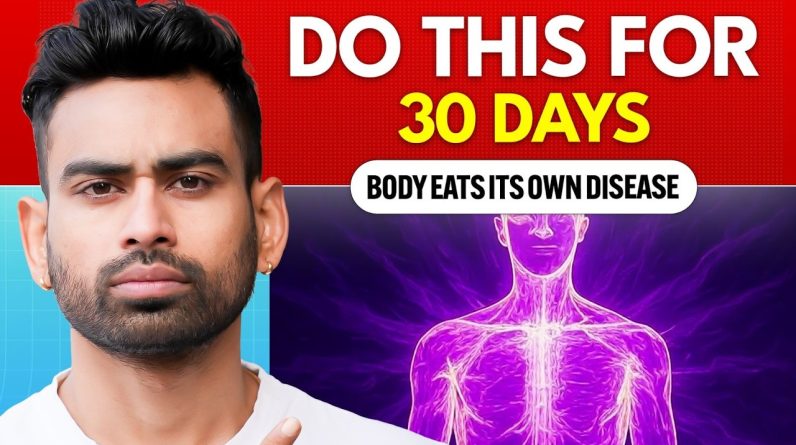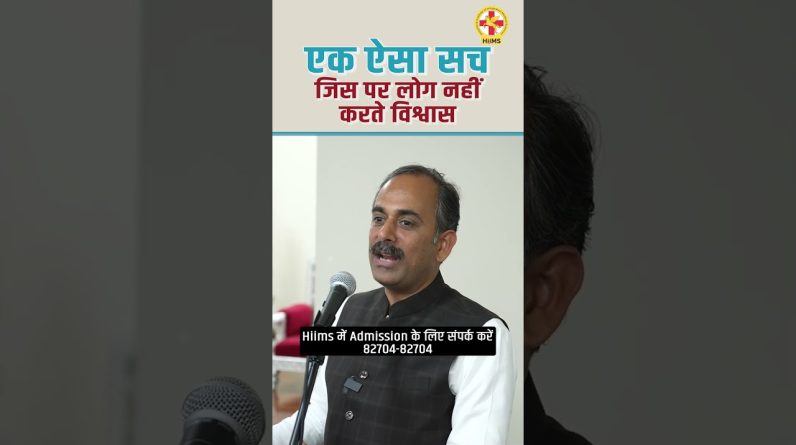16 Zinc Deficiency Symptoms You Shouldn’t Ignore !!
Zinc is an essential nutrient that your body needs to perform various functions. Zinc is involved in multiple activities, such as DNA creation, building proteins, cell growth, supporting a healthy immune system, and healing damaged tissues. In short, zinc metabolism directly influences the physiological and biochemical levels of many hormones. We need zinc to activate more than 300 enzymes to improve immunity and cell growth. Zinc is also involved in proteins and DNA synthesis. But due to a limited quantity, our body cannot store this nutrient, and we should consume it regularly. We need to increase zinc intake by getting more of it through diet. Zinc is present in various plant and animal food sources such as red meat, poultry, seeds, wheat germ, almonds, cashews, oysters, etc. Zinc deficiency causes various functional impairments and hormonal balance. Hair loss, brittle nails, weight loss, mood swings, and dry skin are signs of zinc deficiency in females. Low zinc can also affect the child’s growth and immune function. Let us study the detailed effects of zinc deficiency symptoms.
1. Loss of appetite:
Zinc deficiency may cause a sudden loss of appetite, and it directly affects their growth and development. Zinc deficiency contributes to the pathogenesis of anorexia nervosa. On the contrary, zinc supplements have been found to stimulate appetite and improve overall health. According to a study, a zinc-deficient diet affects nutritional intake and leads to various health issues such as growth retardation, low body mass, taste disorder, and hypogonadism.
2. Diarrhea
Diarrhea is one of the major low zinc symptoms. People with zinc deficiency are often heading to the washroom because they are prone to diarrhea. Zinc deficiency reduces water and electrolyte absorption in diarrhea and cholera. Therefore, zinc plays an important role in recovery from the symptoms. It may also be due to zinc being an essential nutrient for the immune response to gut problems that could potentially cause loose stool.
3. Weight loss:
You may be cutting a portion of your favorite foods to shed extra pounds. But, sometimes, a sudden weight loss without any diet plan can be alarming and demonstrates a lack of zinc symptoms. Zinc deficiency impairs taste buds, and hence you may repel the foods you liked once, leading to unexplained weight loss.
4. Lack of taste and smell:
Lack of taste and smell is another sign of zinc deficiency in females. You may order food of your choice but don’t find it pleasurable. It may indicate a lack of a zinc-deficit diet. Zinc helps promote the diffusion of taste stimuli to taste buds. On the contrary, zinc deficiency is closely related to smell and taste disturbances. A dulled sense of smell is also dangerous since our nose may specify if the food is fresh or rotten. Furthermore, the food taste may appear bland, and you even lose interest in eating. Lack of zinc symptoms includes upset stomach, taste disturbance, and mouth irritation.
5. Blurry Vision:
Blurry vision is another lack of zinc symptom. Vitamin A and zinc are two nutrients that support our vision. Zinc preserves the health of the retina, cell membranes, and protein structure of the eye. Zinc helps transport vitamin A from your liver to your retina and builds protective pigments and melanin in your eyes that protect against UV light. Zinc deficiency in severe cases may cause changes in the retina. When our body does not receive a sufficient amount of zinc, it results in low vision, blurry vision, and squinting.
6. Wounds that won’t heal well:
One of the vital roles of zinc is to promote proper blood clotting and keep your skin healthy. Zinc essentially synthesizes protein and collagen for wound healing and regeneration, and prevents scar formation. If you have enough zinc, your wounds may heal more quickly. Zinc deficiency symptoms include skin breakdown and stubborn wounds. Lack of zinc symptoms involves the occurrence of skin lesions, compromised immune function, and impaired wound healing. Zinc deficiency results in reduced skin cell production, which causes delayed wound healing and problems with the healing of ulcers.
7. Hair loss
Ladies are more conscious about their hair health. Hair loss and alopecia are other common signs of zinc deficiency in females. A zinc deficit diet leads to hair shedding and breakage. Dieticians recommend zinc supplements and foods high in zinc for better hair growth and to preserve the oil glands around the hair shaft working.
8. Weak immunity:
Zinc upholds the balanced growth and normal functioning of immune cells. Low zinc symptoms include slowing down the activity of lymphocytes, neutrophils, and macrophages. These white blood cells protect the body from ailments and keep viruses and bacteria at bay.
🔔Like & Subscribe!
#zincdeficiency
#lowzincsymptoms
#zincdeficiencysymptoms
vitamin deficiency symptoms
low zinc symptoms
Zinc Deficiency Symptoms
source



